2021 Pre-Buget Submission
October 15, 2020
Hon. Rod Phillips
Ministry of Finance
Frost Building South
7th Floor, 7 Queen's Park Cres.
Toronto, ON M7A 1Y7
Minister Phillips, RisingOaks Early Learning Ontario has a 40-year history of providing high quality early learning and care within Waterloo region. We build the foundation for learning, at the most pivotal time of a child’s growth and development, preparing them for a lifetime of learning.
As a registered charity, we are thankful for the provincial sustainability and Safe Restart Funds directed to child care to help cover fixed operating costs during the closure period and PPE and re-opening costs. Despite promises of such funding made in May, we have yet to see any of the promised funding. While this long delay is concerning, we are more worried about what 2021 might hold. With added costs due to health and safety requirements, few details about the extension of the Emergency Wage Subsidy and no information on provincial child care budgets, we are currently projecting a $1.4M deficit for 2021. When I spoke to you last year, I commended the Province for its planned shift to multi-year funding agreements for child care. Now, more than ever, a multi-year funding approach is needed. We are equally concerned about ongoing funding cuts made to child care in 2019 that would see an estimated reduction of over $4M in funding for child care operators in this Region by 2022.
During this pandemic, child care has finally been recognized as essential to economic recovery - yet, child care remains affordable for only about 22% of Ontario families. To address the affordability crisis, we need a true system that funds licensed child care centres directly to lower parent fees. Several provinces have moved in this direction, with low parent fees and a significant increase in public funding directly to operators to cover the full cost of providing high quality, inclusive child care.
Perhaps without realizing it, Ontario piloted the beginning of a universal child care system at the start of the pandemic. Emergency child care was fully funded by the province – there were no parent fees. Universal child care is possible – when there’s a will, there’s a way.
Creating a true publicly-funded system will provide better access to high quality early education - improving children’s academic outcomes and future wages, providing a platform for early identification and intervention thus reducing special education costs in the future, reducing income inequality, increase women's participation in the labour force and bringing many families out of poverty.
We also need a comprehensive workforce strategy – one that includes professional pay and decent working conditions, but also addresses educational requirements, training, recruitment and retention strategies for early childhood educators. Across this province, 5% of ECEs earn minimum wage, with 43% earn between $15 and $20 per hour - that’s $29 to $39,000 per year. Early in the closure period, we continued to receive provincial funding. In May, the Ministry informed us that the wage enhancement grant (a $2/hour support for ECEs) was being reallocated and was discontinued. This was understandable, but doing so retroactively to March 16 had a significant impact on ECEs – an undervalued and under paid workforce who were already left out of pandemic pay for essential workers. Earlier this week, the government announced an increase of $3/hour in wage support for PSWs. The early learning and care sector, is also comprised mostly of women with precarious work including split shifts and part-time work. Coupled with low wages, recruitment and retention of ECEs remains a top priority.
When the sector says “Show Me the Money”, the question always turns to where it will come from. Let me remind you that investments in early childhood are good investments. Sources say that every $1 spent on expanding the system would yield close to $6 in economic benefits. Research suggests that a universal system with low parent fees will generate sufficient overall government sector revenues to pay for the implementation and operation of the program.
The time is now, for a new vision for early childhood education and care. We are asking the provincial government to
- invest in ECEs with the creation of a provincial wage grid starting at $25/hour. As an interim measure, provide an immediate increase to the wage enhancement grant for ECEs, with an escalator in line with inflation.
- To pause any regulatory amendments or additions coming out of the 5-year review of the Child Care and Early Years Act to allow the sector to focus its attention on the health and safety of children, families and educators now and to have adequate time in the future for consultation on any regularly or legislative changes that may impact the sector.
- To lead the way in working collaboratively with the federal government to develop a national publicly-funded early learning and care system that truly meets the needs of Ontario families and supports and recognizes this essential workforce.
Everyone depends on someone who depends on child care. It’s a family issue, an economic issue, an equity issue, a children’s rights issue and a workforce issue.
…it’s time to re-construct child care!
Sincerely,
Lori Prospero, CAE
CEO









